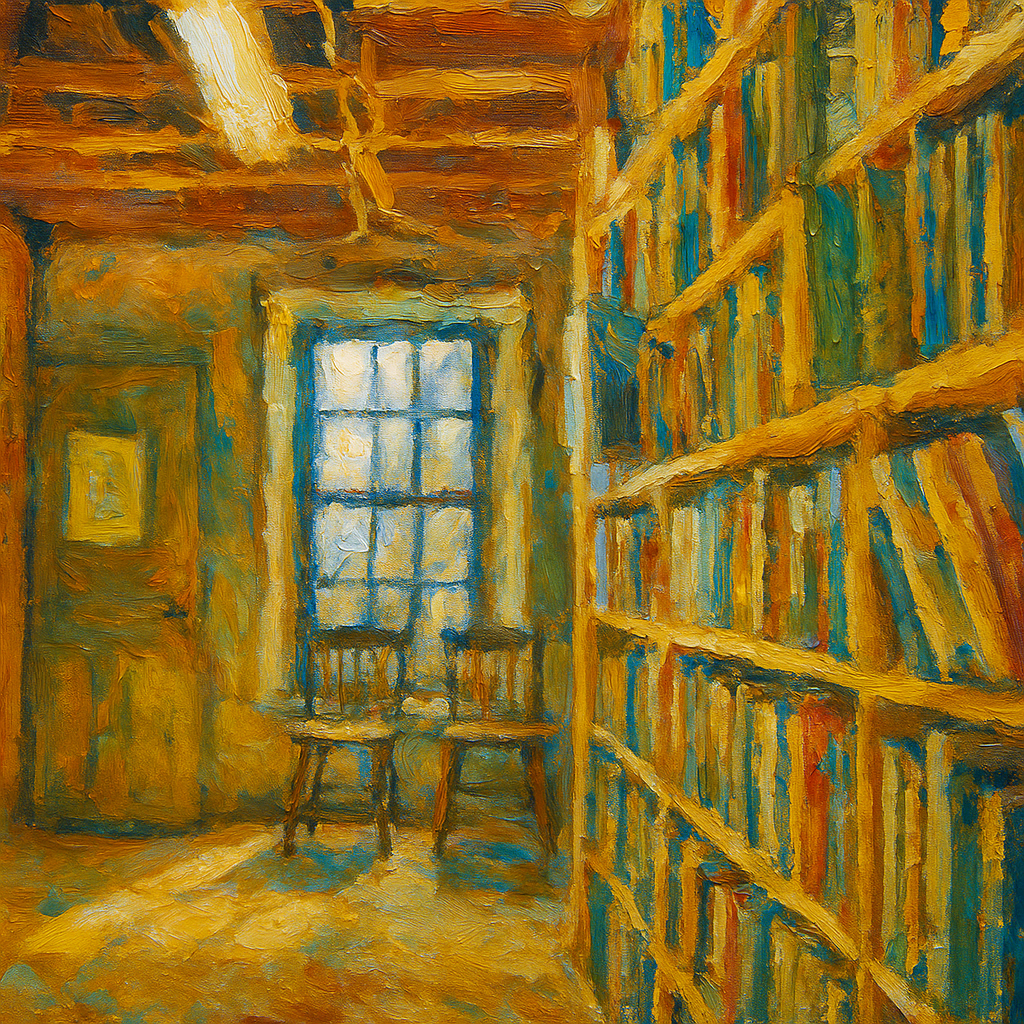I
I would love to walk into an American bookstore and find books from Pre-Textos, Atalanta, Ladera Norte (a publishing project run by Ricardo Cayuela in Spain). Electronic transfers help us mitigate some of these unfulfilled desires, but the prospects for normal book trade between Spain and North America do not seem to be improving.
I am very stubborn about these practices. Last week I ended up in Dallas and shortly after arriving I went to a Barnes & Noble that was nearby. The Spanish book section was miserable, appallingly poor, confined to the far corner of the second floor, next to the knick-knacks that no one is interested in anymore.
Frequenting B&N wherever I travel is a way of rewarding myself for the hours I don’t spend in my library. I love the smell, but I detest the contempt for the Spanish-language publishing industry, which is certainly only the sixth largest in the world, but which would connect with many of the estimated 57 million Hispanics living in the United States.
I asked the AI how much is collected annually from sales of Spanish-language books in US bookstores. It replied that there is no reliable data on that specific trade, but that looking here and there, it might amount to less than half a million a year. I find that figure shameful.
II
The umpteenth note about a reservoir of used books, this time in Chester County (Pennsylvania), appears on one of my screens. It has a well-designed website, but in reality it is just another place where thousands of books are piled up, attracting little attention other than from a few crazy people like myself who like to rummage, search, leaf through, and snoop among those piles that we will never know the fate of, or perhaps we can guess.
In this case, the press plays a role, drawing attention to something that long ago ceased to be part of the interests of the majority of people.
I looked at those photos with some melancholy because one knows that they belong to this world, but also knows that they are located outside it, as if they belonged to the subtle gas of what once had a different order of priorities, and these are nothing more than the death throes of a dying man.
Those weekend trips that always end at a stall or warehouse selling used books can only be motivated by a desire for completeness, for the possession of ever-larger pieces and fragments of a writer’s work. Several years ago, someone mentioned a Hungarian novelist, and so one went online to buy the beautiful Acantilado editions of some of his books, and now that he has won the Nobel Prize, one is ready to revisit them.
Life will not be long enough to clear those columns of books next to the wingback chair, hello, Bernhard!, or those corners of the library where the new arrivals are piled up, but one always makes the effort, like someone who throws a bottle into the sea or writes their name on the hull of a drifting ship.
III
Writers are concerned with words, says Susan Sontag in her Jerusalem Prize acceptance speech. Words mean something, she says. These words were spoken in 2001, a terrible year. Remember, since we are always talking about books and handling them, that European novels by Kundera, Mann, Grass, Pasternak, and Lampedusa, translated into English, once made it onto the bestseller lists in the United States, something unthinkable in these times.
There was a moment in my youth when I felt that I was gaining words and that those words had weight and importance, that those words arose from very deep feelings and also from the desire to write and assimilate events that had marked me. Those words began to accompany me, they went with me everywhere, and I felt that they helped me grow by doing what I always wanted to do. Finding those words meant finding something so precious that I often thought myself unworthy of them.
But maturing, and doing so above all in the realm of bilingual collisions, actually means losing those words that until now had named, described, and in some way transformed a lost world. When did I realize that I hadn’t uttered the word aljibe in many years? It must have been when I realized that we change words because they are what make us change, and that if we embarked with all the bewilderment of the world on a journey that began in childhood and continues to this day at the age of fifty, it is not only because of specific words such as “peace” and “honor” —the ones Sontag mentions in her speech— but because of all of them, the forgotten ones and the ones that are here with me right now, pulling at the thread of memory, one that may have begun to break, to fray, a long time ago.




